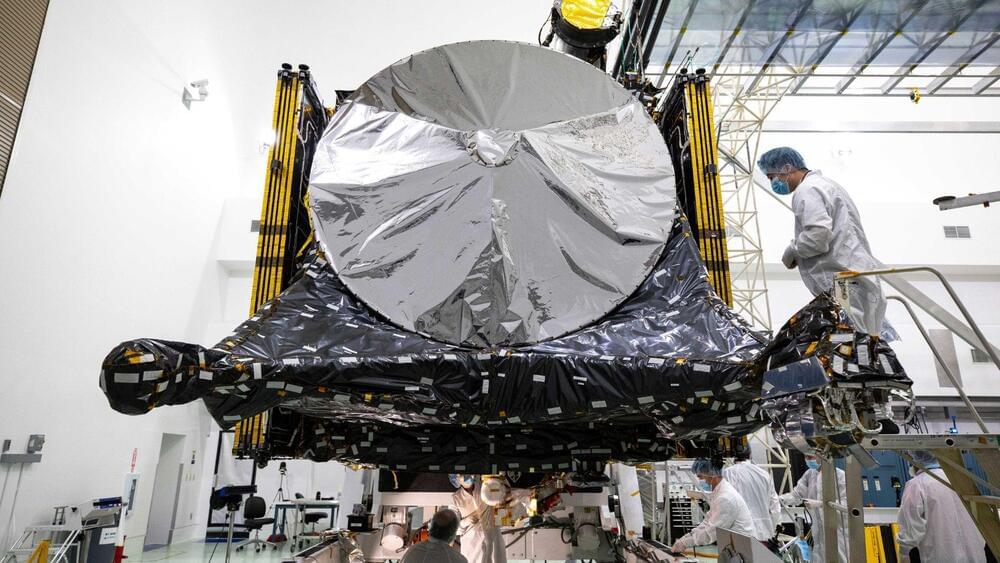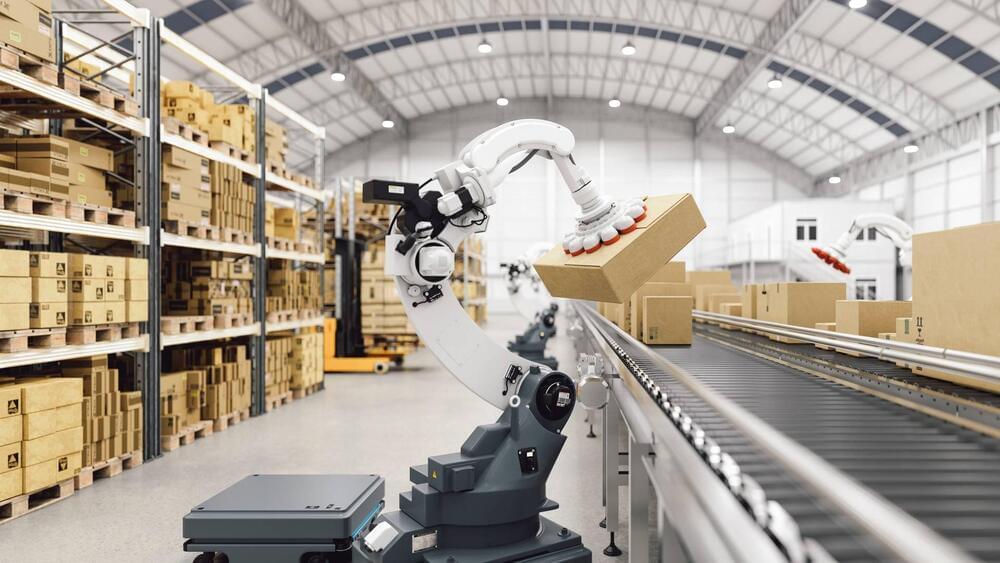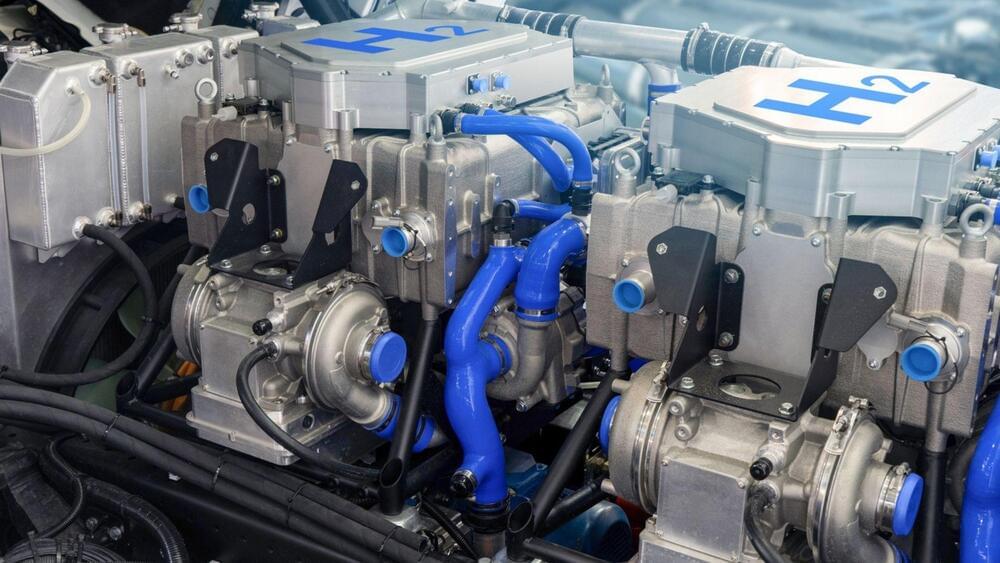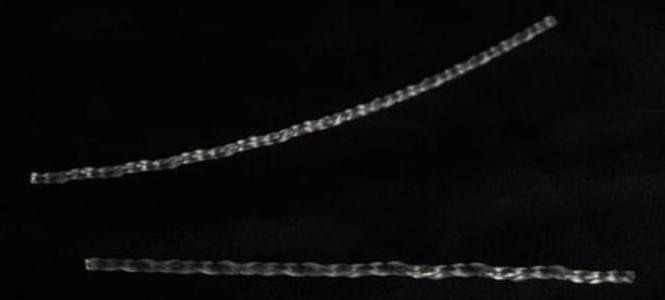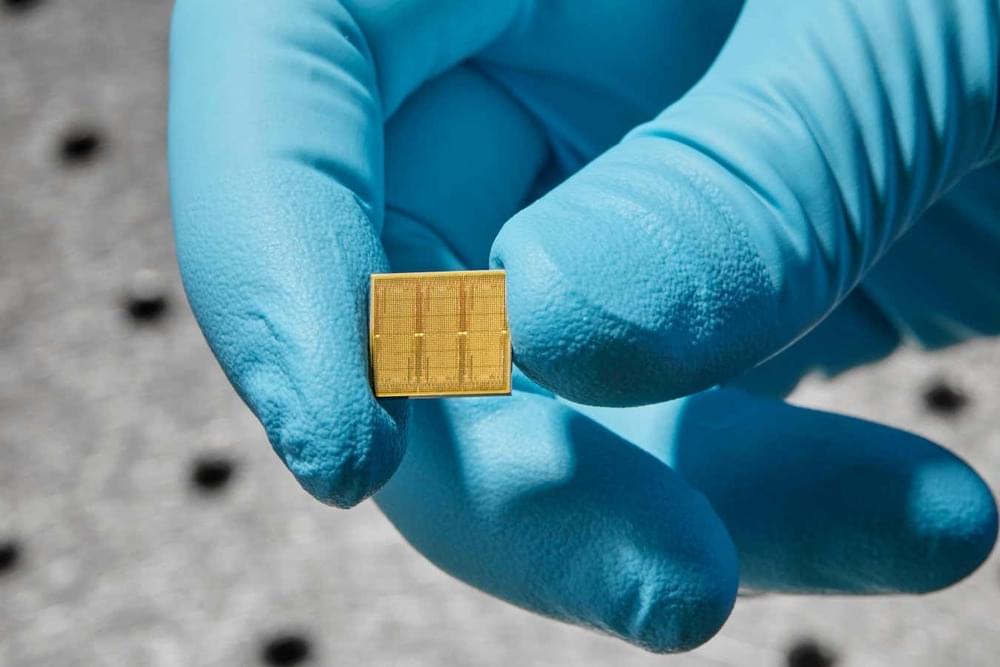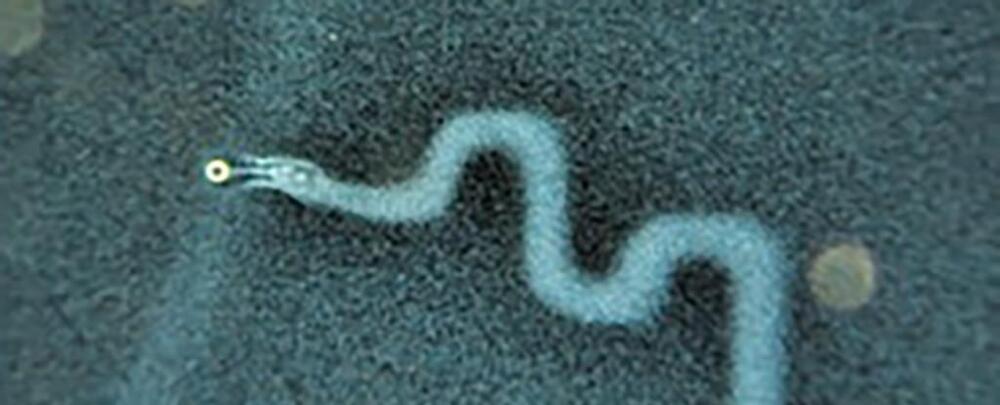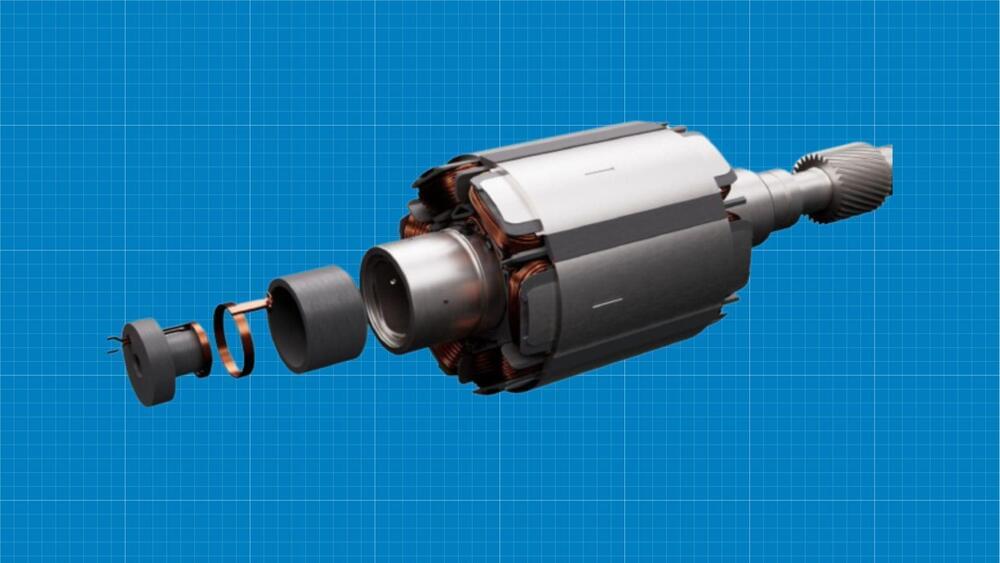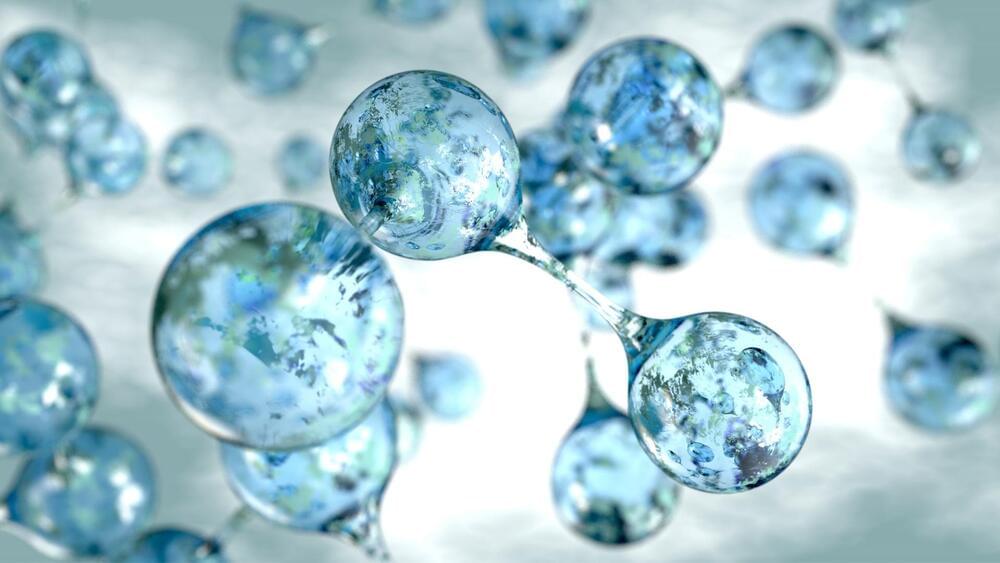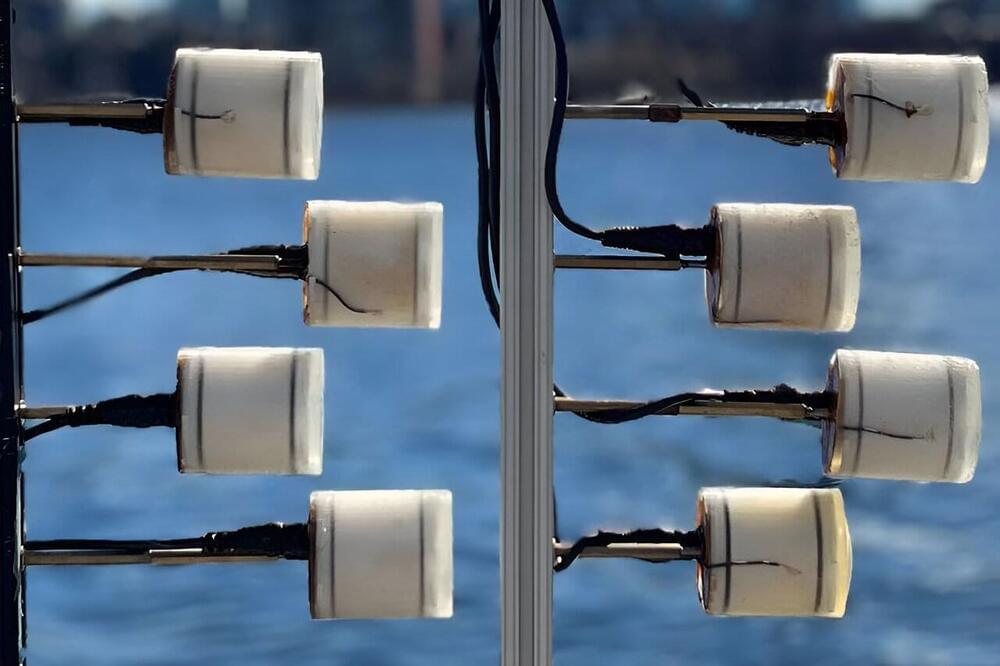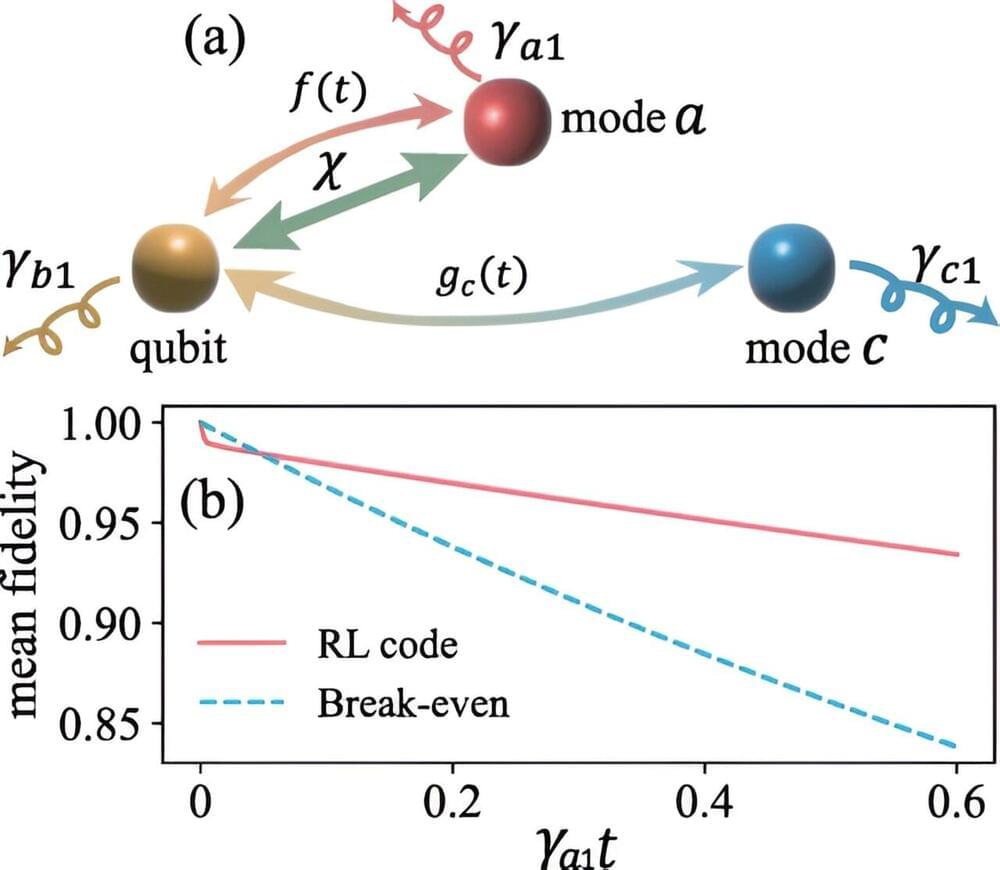Sep 9, 2023
NASA gears up for metal-rich asteroid exploration
Posted by Gemechu Taye in category: space
NASA’s Psyche mission launches on October 5 to explore the metal-rich asteroid Psyche, offering insights into planet formation.
As October 5 inches closer on the calendar, NASA’s Kennedy Space Center in Florida is buzzing with anticipation. Engineers and scientists are busy making final preparations for the groundbreaking Psyche mission, set to launch within less than a month. With its suite of high-end science instruments — a multispectral imager, magnetometer, and gamma-ray and neutron spectrometer — primed for action, the spacecraft aims to unlock the secrets of its namesake asteroid, Psyche.
Credits: NASA/Kim Shiflett.
Continue reading “NASA gears up for metal-rich asteroid exploration” »
